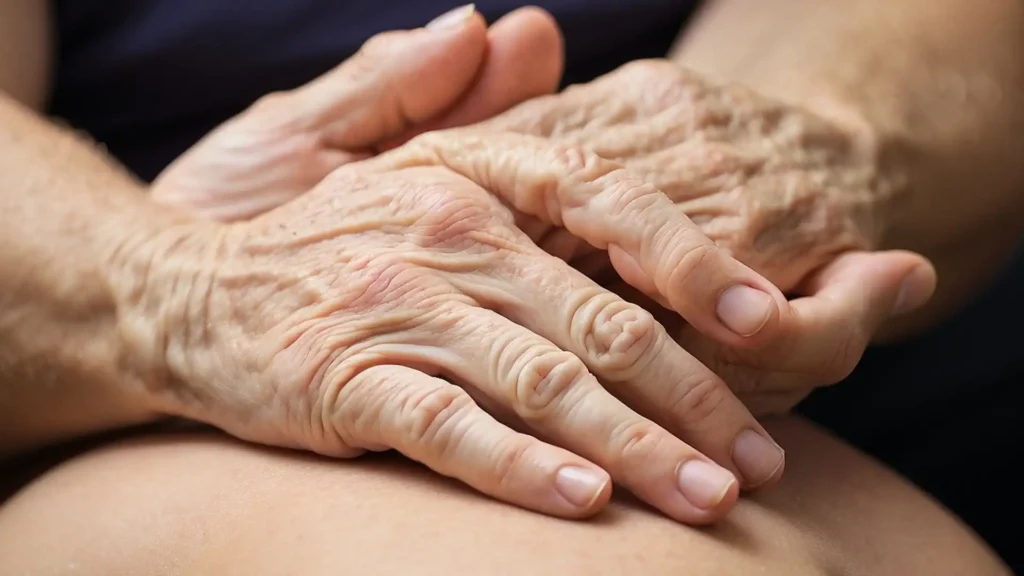Snoring isn’t the only warning sign. Learn how to identify and manage sleep apnea before it affects your health.
Understanding Sleep Apnea
Sleep apnea is more than just loud snoring—it’s a serious sleep disorder that disrupts breathing multiple times per night. These pauses in breathing can last from a few seconds to minutes, reducing oxygen levels and putting strain on the body.
If left untreated, sleep apnea symptoms can affect your energy levels, mental clarity, and long-term health. Studies show that up to 30 million Americans may have sleep apnea, yet many remain undiagnosed.
There are three main types of sleep apnea:

🔹 Obstructive Sleep Apnea (OSA) – The most common type, caused by a blocked airway due to relaxed throat muscles.
🔹 Central Sleep Apnea (CSA) – A brain-related issue where the brain fails to signal breathing muscles.
🔹 Complex Sleep Apnea Syndrome – A combination of OSA and CSA, making diagnosis and treatment more complex.
🚨 Why It Matters: Ignoring sleep apnea symptoms can lead to serious health risks, including heart disease, diabetes, high blood pressure, and stroke.
Table of Contents
Symptoms of Sleep Apnea
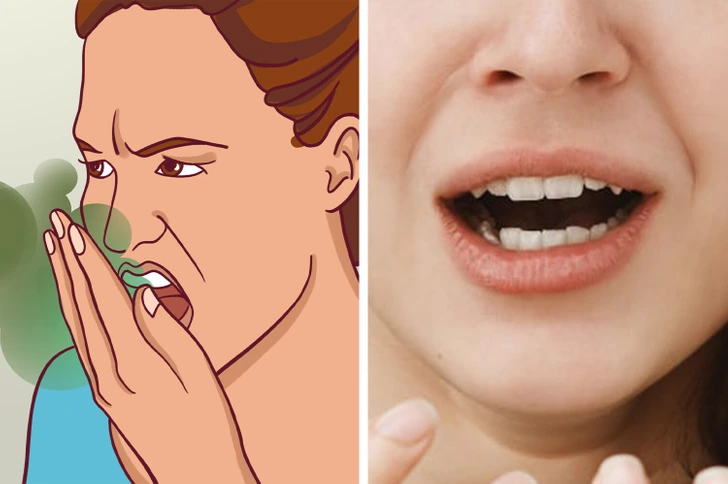
Many people mistake sleep apnea symptoms for general fatigue or stress. However, recognizing these warning signs early can help prevent long-term complications.
Common Sleep Apnea Symptoms:
✔ Loud Snoring – One of the most noticeable signs, especially if it’s persistent.
✔ Gasping or Choking While Sleeping – Sudden waking due to lack of oxygen.
✔ Daytime Fatigue – Feeling exhausted despite getting a full night’s sleep.
✔ Morning Headaches – Often caused by low oxygen levels overnight.
✔ Frequent Nighttime Urination – Sleep apnea disrupts the body’s natural balance.
✔ Dry Mouth or Sore Throat – Result of breathing through the mouth during sleep.
✔ Difficulty Concentrating – Often mistaken for ADHD or brain fog.
✔ Irritability & Mood Changes – Can contribute to anxiety or depression.
💡 Pro Tip: If you experience multiple symptoms, or a partner notices gasping or pauses in your breathing, consult a doctor for an evaluation.Sleep apnea symptoms.
Risk Factors Associated with Sleep Apnea
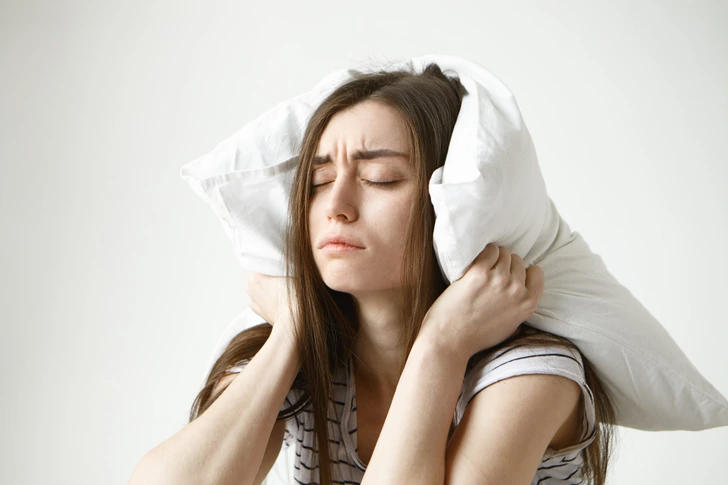
Anyone can develop sleep apnea, but certain factors increase your risk.
🔹 Obesity – Excess weight, especially around the neck, can block the airway.
🔹 Age – Risk increases as you get older due to muscle relaxation.
🔹 Family History – Genetics may play a role in airway structure.
🔹 Smoking & Alcohol Use – Both relax throat muscles, increasing airway blockage.
🔹 Enlarged Tonsils or Tongue – Physical blockages make breathing harder.
🔹 Hormonal Disorders – Conditions like PCOS or hypothyroidism increase risk.
🔹 Gender – Men are more likely to develop sleep apnea, though postmenopausal women are also at risk.
🚨 Why It Matters: If you fall into these categories, staying proactive with lifestyle changes and medical checkups is essential.Sleep apnea symptoms.
Health Complications from Untreated Sleep Apnea

Ignoring sleep apnea symptoms can lead to serious health issues.
🩺 High Blood Pressure & Heart Disease – Frequent oxygen drops strain the heart.
🧠 Stroke & Cognitive Decline – Increased risk of stroke, memory loss, and dementia.
📉 Diabetes – Sleep apnea is linked to insulin resistance and type 2 diabetes.
🚗 Increased Accident Risk – Drowsiness affects reaction time and focus.
🛑 Depression & Mood Disorders – Sleep deprivation worsens mental health.
💡 Important: Studies show that treating sleep apnea reduces these risks significantly.
Diagnosing Sleep Apnea
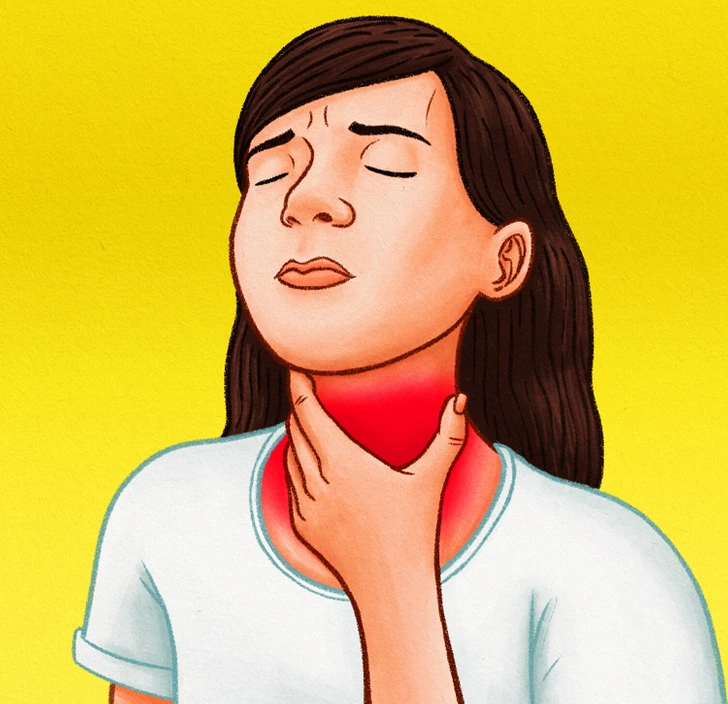
Doctors use sleep studies to diagnose sleep apnea severity based on the Apnea-Hypopnea Index (AHI):
🔹 Mild: 5–15 breathing interruptions per hour.
🔹 Moderate: 15–30 interruptions per hour.
🔹 Severe: Over 30 interruptions per hour.
How to Get Tested:
✅ Home Sleep Study – A portable device records breathing patterns overnight.
✅ Polysomnography (Lab Test) – A full overnight study in a sleep clinic.
🚨 Don’t Ignore the Signs: If you suspect sleep apnea, consult a sleep specialist for proper diagnosis.
Treatment Options for Sleep Apnea
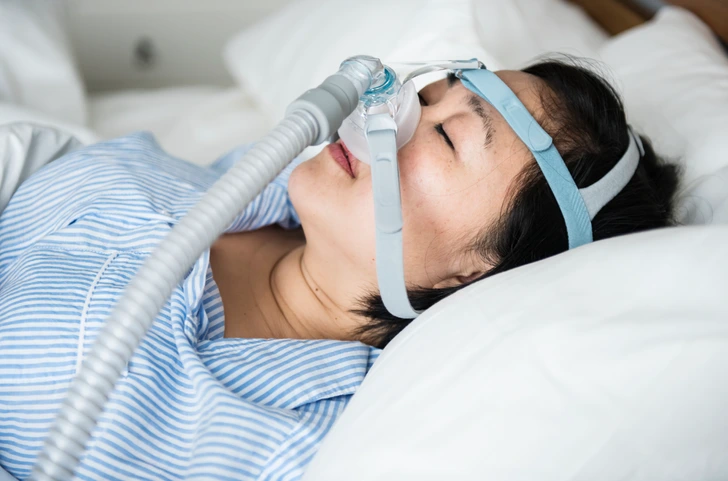
The right sleep apnea treatment depends on its severity and impact on daily life.
Medical Treatments:
✔ CPAP Machine (Continuous Positive Airway Pressure) – Keeps airways open during sleep.
✔ Oral Appliances – Custom-fitted devices that reposition the jaw and tongue.
✔ Surgery – In severe cases, procedures may remove airway obstructions.
Alternative Treatments & Lifestyle Changes:
✅ Weight Loss – Reducing excess weight lowers sleep apnea severity.
✅ Side Sleeping – Sleeping on your back worsens airway blockage.
✅ Nasal Strips or Humidifiers – Helps with nasal congestion.
✅ Avoid Alcohol & Sedatives – These relax throat muscles, increasing airway collapse.
💡 Best Approach: Combining lifestyle changes with medical treatment improves sleep quality and overall health.
Lifestyle Changes to Manage Sleep Apnea

🌿 Weight Loss – Reducing neck fat can improve airflow.
🏃 Regular Exercise – Strengthens muscles that support the airway.
🚫 Avoid Alcohol & Smoking – Both increase airway obstruction risks.
🛌 Optimize Sleep Position – Sleeping on your side helps keep the airway open.
🥗 Eat a Balanced Diet – Avoid heavy meals & caffeine close to bedtime.
💡 Small changes can make a BIG difference—start with one habit at a time.
When to Consult a Healthcare Professional

🚨 See a doctor if you:
✔ Snore loudly & frequently.
✔ Wake up gasping for air.
✔ Feel tired even after a full night’s sleep.
✔ Have difficulty concentrating during the day.
A sleep specialist can recommend tests, treatment plans, and lifestyle adjustments to help you breathe better at night.
💡 Remember: Prioritizing your sleep health can boost your energy, protect your heart, and improve your overall well-being.
Final Thoughts: Take Control of Your Sleep Health
Sleep apnea isn’t just about snoring—it’s a serious condition that affects your entire body. Recognizing sleep apnea symptoms early and seeking treatment can prevent major health issues.
💬 Have questions or experiences with sleep apnea? Share in the comments!
📌 Save this guide & share it with someone who might need it.


